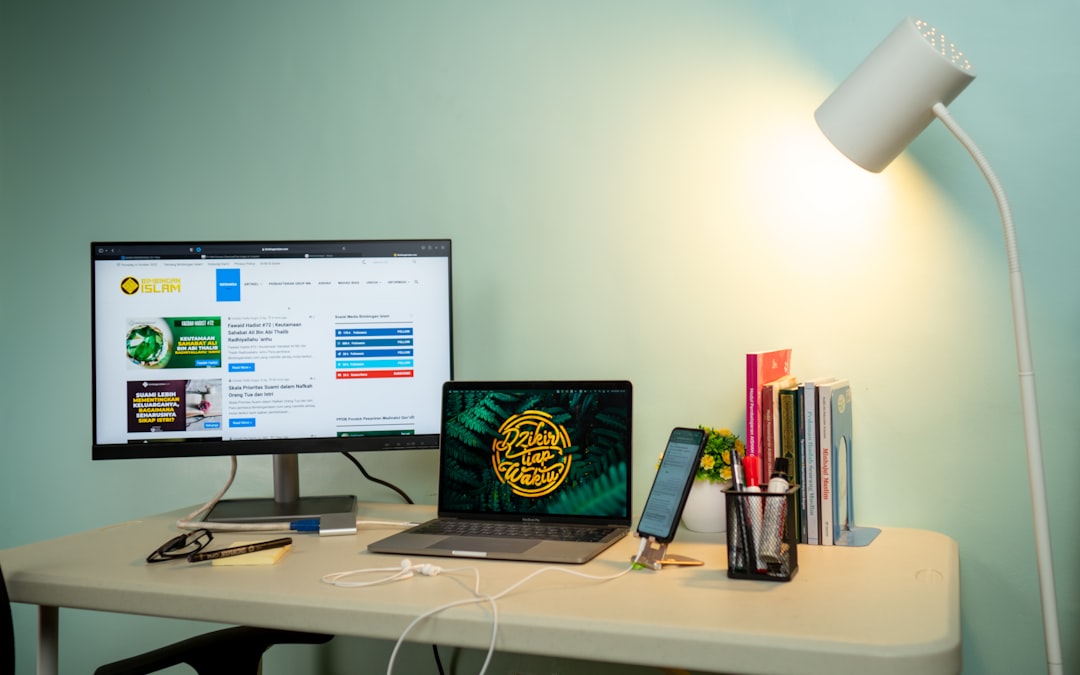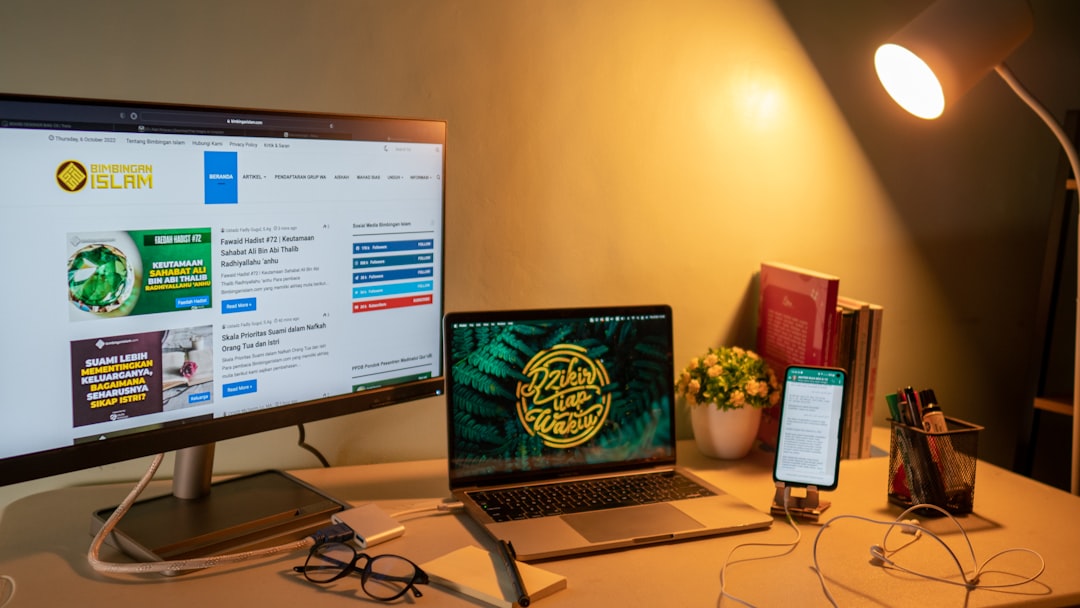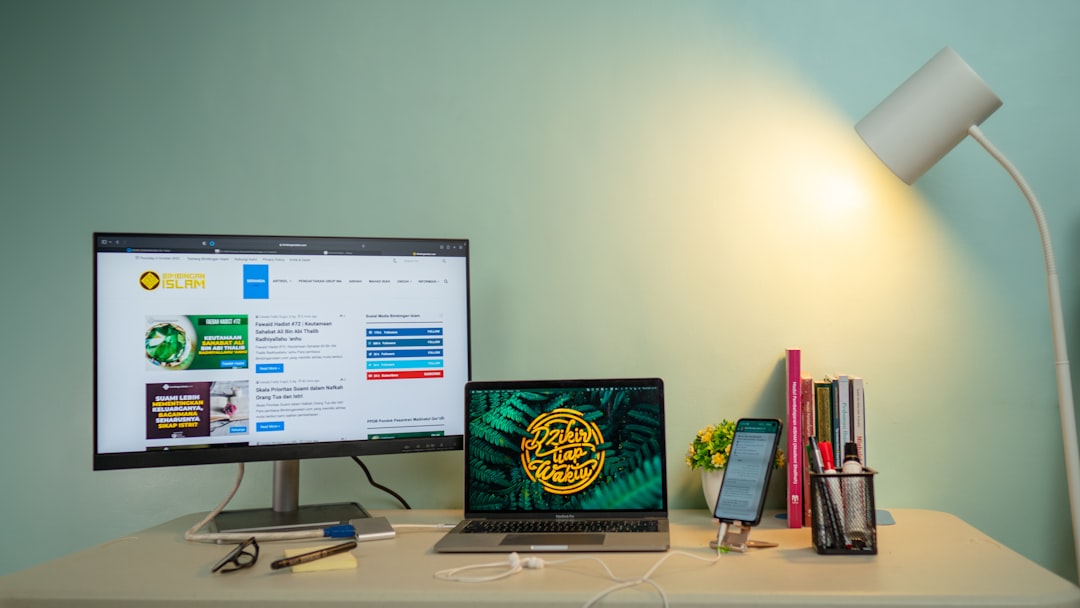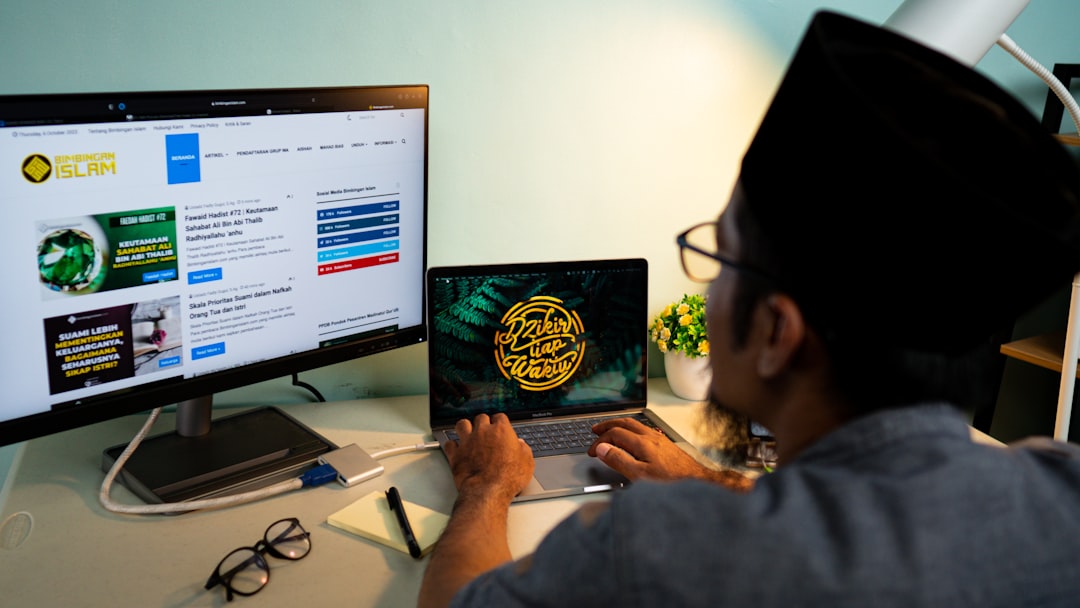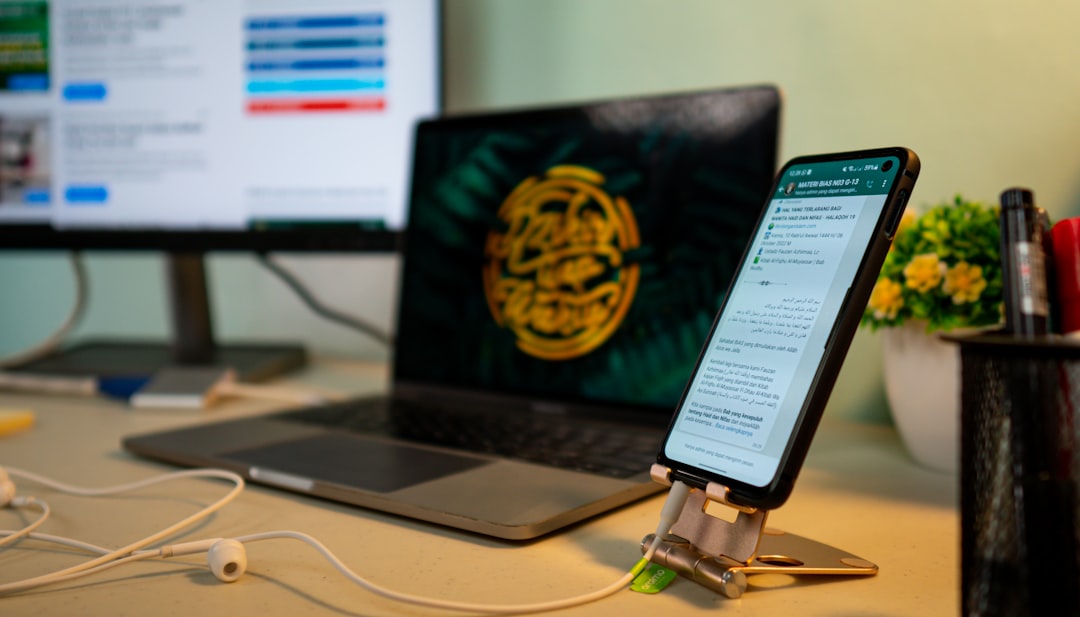Time is an invaluable resource that we all have in equal measure, yet it’s also a finite one. As such, it is crucial to manage our time in the most effective way possible to maximize productivity and ensure that we achieve our goals. Time management is not only essential in our personal lives, but it’s also a critical skill in the workplace.
Without proper time management, we run the risk of not completing tasks on time, missing deadlines, and ultimately, falling behind in our work. This can lead to stress, burnout, and a sense of overwhelm, which may ultimately impact our overall performance.
On the other hand, effective time management can help us achieve more in less time, reducing stress and increasing our overall productivity. It enables us to prioritize tasks effectively, manage our workload, and ensure we have enough time for our personal lives.
In this blog post, we’ll explore the importance of time management and provide practical tips on how you can prioritize your tasks, schedule your day, avoid distractions, delegate tasks, and take advantage of time-saving tools to help you stay productive. By the end of this post, you’ll have the knowledge and resources needed to master the art of time management, boost your productivity, and achieve your goals. So, let’s dive in!
Prioritizing: How to Focus on What Matters
Being productive is not just about getting things done but also about getting the right things done. To be able to accomplish this, you need to prioritize your tasks. Prioritizing means focusing on the tasks that are most important and urgent and leaving the less important tasks for later.
One way to prioritize your tasks is to use the Eisenhower Matrix. This matrix divides tasks into four categories: urgent and important, important but not urgent, urgent but not important, and neither urgent nor important. By categorizing your tasks into these categories, you can focus on what matters most.
Another way to prioritize your tasks is to use the ABCDE method. This method involves assigning a letter to each task based on its importance. A tasks are the most important, B tasks are important but not as much as A tasks, C tasks are nice-to-do tasks, D tasks can be delegated, and E tasks can be eliminated.
When prioritizing your tasks, it is important to keep in mind your goals and objectives. Start by identifying your long-term goals and break them down into smaller, achievable goals. Once you have a list of goals, prioritize them based on their importance and urgency.
Prioritizing also involves saying no to tasks that do not align with your goals or that are not important. It is important to learn how to say no politely and assertively to avoid overcommitting yourself.
Prioritizing your tasks is crucial to achieving your goals and staying productive. Use tools such as the Eisenhower Matrix or the ABCDE method to prioritize your tasks and focus on what matters most. Remember to keep your goals in mind and learn to say no to tasks that do not align with them.
By categorizing your tasks into these categories, you can focus on what matters most.
Scheduling: Creating a Daily Plan to Stay on Track
When it comes to time management, scheduling is a critical component that cannot be ignored. A schedule helps you stay organized, prioritize tasks, and ensure that you stay on track throughout the day. Without a proper schedule, you may find yourself spending too much time on low-priority tasks, getting sidetracked by distractions, or forgetting important deadlines altogether.
To create an effective schedule, start by identifying all the tasks and responsibilities you need to complete each day. This may include work-related tasks, personal errands, exercise, family time, and anything else that requires your attention. Once you have a comprehensive list, prioritize each task based on its importance and urgency.
Next, determine how much time each task will take to complete. Be realistic and factor in any unexpected delays or interruptions that may arise. Once you have a good estimate of how long each task will take, you can begin to block out specific times in your schedule for each task.
When creating your schedule, make sure to leave some buffer time between tasks to account for unexpected delays or emergencies. It’s also important to schedule breaks throughout the day to give yourself some time to recharge and refocus.
To help you stay on track with your schedule, consider using a time-tracking tool or app. This can help you see how much time you’re spending on each task and identify any areas where you may be wasting time.
Remember, a schedule is only effective if you stick to it. Stay committed to your schedule and make adjustments as needed to ensure that you’re making the most of your time. With a well-planned schedule in place, you’ll be able to stay on top of your tasks and responsibilities, improve your productivity, and achieve your goals more efficiently.
Be realistic and factor in any unexpected delays or interruptions that may arise.
Avoiding Distractions: Tips for Staying Focused
Staying focused on tasks is a crucial part of effective time management. Distractions can lead to procrastination, delays, and missed deadlines, ultimately affecting your productivity and success. Here are some tips to help you avoid distractions and stay focused:
1. Identify the source of distractions: The first step towards avoiding distractions is to identify what distracts you the most. Is it social media, emails, phone calls, or colleagues? Once you know the source, you can take steps to limit or eliminate it.
2. Create a distraction-free environment: Set up your workspace in a way that minimizes distractions. This could mean working in a quiet room, turning off notifications on your phone or computer, or wearing noise-cancelling headphones.
3. Use the Pomodoro Technique: The Pomodoro Technique is a time management method that involves working in 25-minute intervals with 5-minute breaks in between. This technique helps you stay focused and reduce distractions by breaking up your work into manageable chunks.
4. Prioritize your tasks: Prioritizing your tasks can help you stay focused on what’s important. Create a to-do list and rank your tasks in order of importance. Focus on completing the most important tasks first, and don’t let less important tasks distract you.
5. Take breaks: Taking breaks is essential for staying focused and avoiding burnout. Give yourself time to recharge by taking short breaks throughout the day. Use this time to stretch, go for a walk, or do something that relaxes you.
6. Avoid multitasking: Multitasking can lead to distractions and reduce your productivity. Focus on one task at a time, and give it your full attention until it’s complete.
By implementing these tips, you can avoid distractions and stay focused on your goals. Remember, effective time management is key to achieving success, so take control of your time and stay focused on what matters.
Delegating: How to Share the Workload
When it comes to managing your time effectively, one of the most important skills you can develop is the ability to delegate tasks. Delegation allows you to share the workload and free up your time to focus on the tasks that are most important and require your specific skills and expertise.
Delegating can be challenging for some people, especially if you’re used to taking on everything yourself. However, it’s an essential skill to master if you want to maximize your productivity and achieve your goals.
Here are some tips to help you delegate effectively:
1. Identify the right tasks to delegate: Start by identifying the tasks that can be easily delegated without compromising quality. These might be tasks that are repetitive, time-consuming, or require minimal expertise.
2. Choose the right person for the job: When delegating, it’s important to choose the right person for the job. Look for someone who has the necessary skills and experience to complete the task effectively.
3. Clearly communicate expectations: Make sure that you clearly communicate your expectations for the task. Provide clear instructions and deadlines, and be available to answer any questions that may arise.
4. Trust your team: Delegation requires trust. Trust that your team members are capable and will deliver quality work. Give them the autonomy to complete the task in their own way, while still respecting any guidelines or requirements you’ve set.
5. Follow up: Follow up with your team members to ensure that the task is progressing as planned. Provide feedback and support as needed, and be prepared to make adjustments if necessary.
By mastering the art of delegation, you can free up your time and energy to focus on the tasks that matter most. Remember, effective time management is about working smarter, not harder. Delegating tasks is one of the most effective ways to work smarter and achieve your goals.
Time-Saving Tools: Technology to Help You Stay Productive
As the world becomes increasingly digital, there are more and more tools available to help us manage our time and stay productive. From apps to software to online services, there are a plethora of options to choose from. Here are a few of our top picks:
1. Trello: Trello is a project management tool that uses a visual board to help you organize tasks and track progress. You can create cards for each task and move them around the board as they are completed. The app is available on desktop and mobile, making it easy to access from anywhere.
2. RescueTime: RescueTime is a time-tracking app that helps you see where your time is going throughout the day. It can track your activity on your computer and mobile devices, and provide reports on how much time you spend on different apps and websites. This can help you identify where you might be wasting time and make changes to your habits.
3. Focus@Will: Focus@Will is a music service that is designed to help you stay focused while you work. The music is scientifically optimized to help you concentrate and minimize distractions. You can choose from different genres and customize the music to your preferences.
4. Evernote: Evernote is a note-taking app that allows you to capture and organize ideas, tasks, and notes in one place. You can create notebooks for different projects and easily search for specific notes. The app also syncs across devices, so you can access your notes from anywhere.
5. Slack: Slack is a messaging app that is designed for teams to communicate and collaborate. You can create channels for different projects and teams, and easily share files and information. The app also integrates with other tools like Trello and Google Drive.
By using these tools, you can streamline your workflow and stay focused on your priorities. It’s important to remember that technology is only a tool, and it’s up to us to use it effectively. By combining these tools with good time management habits, you can achieve your goals and be more productive than ever before.
The app also syncs across devices, so you can access your notes from anywhere.
Conclusion: Mastering the Art of Time Management
Congratulations! You have now learned the essential skills required to master the art of time management. By prioritizing your tasks, creating a daily schedule, avoiding distractions, delegating work, and utilizing time-saving tools, you have set yourself up for success.
It’s important to remember that time management is not a one-size-fits-all solution. What works for one person may not work for another. However, the techniques we have discussed can be adapted to suit your individual needs and preferences.
It’s important to stay motivated and goal-driven when it comes to managing your time. Remember to regularly assess your progress, make adjustments as necessary, and celebrate your successes. The more you practice these skills, the more natural they will become, and the easier it will be to achieve your goals.
In conclusion, time management is a crucial skill that can help you achieve success in both your personal and professional life. By mastering the art of time management, you can increase productivity, reduce stress, and ultimately achieve your goals. So what are you waiting for? Start implementing these techniques today and take control of your time!

